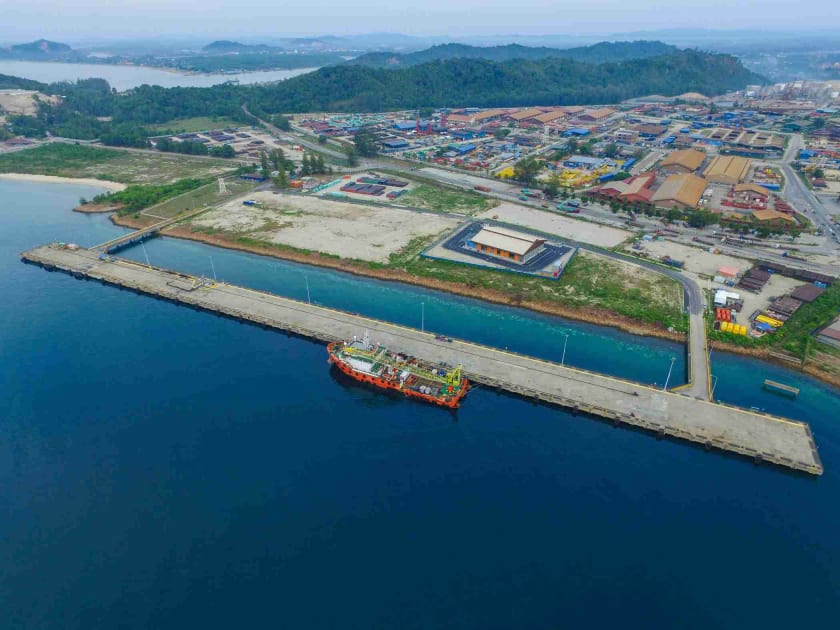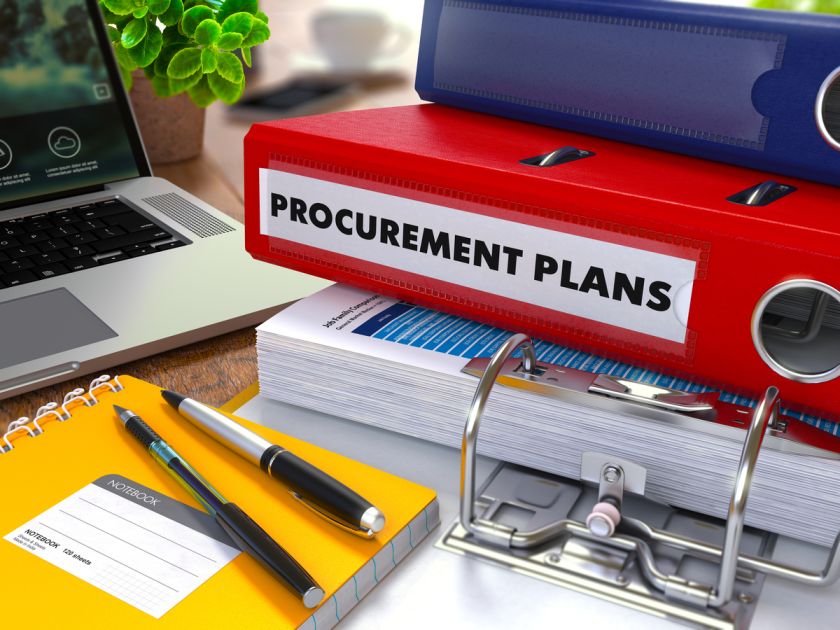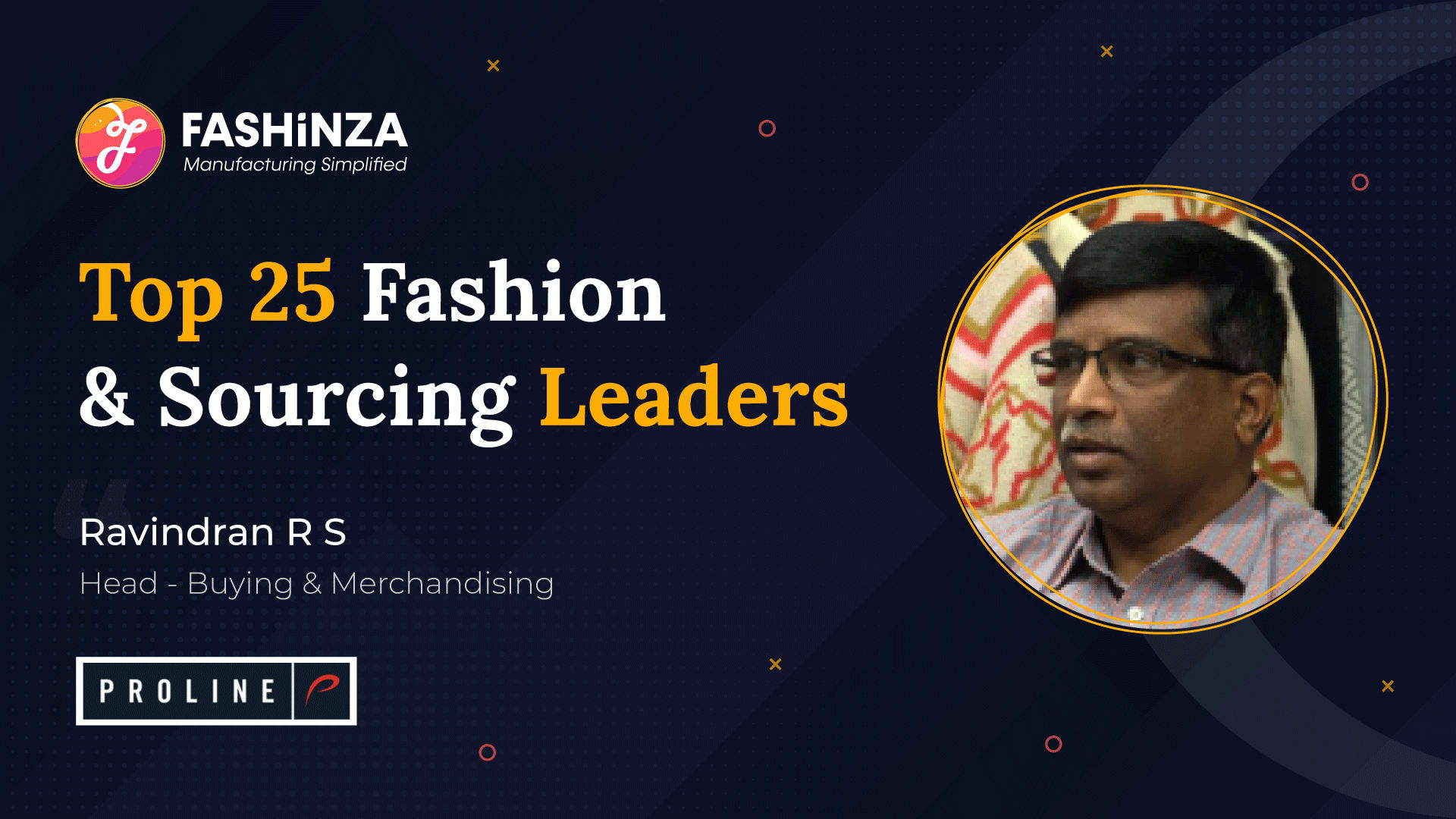How to Diversify Supply Base with Minimal Effort? Key Intel for Procurement Managers



Procurement Managers are members of a business responsible for accessing goods and services the company needs at that very moment. They are also recognized as Purchase Managers. It's not an easy job. Everyone needs something every time and expects one to have it all ready. As a Procurement Manager, the person interacts with the Chief Operations Officer (COO) and Chief Procurement Officer (CPO).
Also, they work in liaison with the finance and legal departments of a company. Most often, the procurement manager works independently in a small or medium-sized firm. Whereas in large companies, an entire team works under the procurement manager and aids in sourcing the services required.
Stints of a Procurement Manager
There are numerous roles and duties for which procurement managers are responsible. They look after sourcing the best products for the company that help be economical. There should be a balance between quality and expenses for a business to work efficiently. They also have to oversee the condition of purchases made earlier and analyze the competence of suppliers. This analysis helps a manager understand the vendor's efficiency, the usefulness of the contract, and the return on investment.
Earlier, the role of procurement managers was to source goods. However, in recent times, they have been burdened with numerous other tasks due to their ability to bargain, propose strategic outcomes, and suggest partnerships with companies that are highly beneficial. Hence, they are assigned new roles too. Like sourcing of products, catalogue management, procurement operation optimization, analysis of the return on investment, evaluation of the efficiency of a supplier/vendor, and examining the risk involved in any alliance.
What Qualifications are Needed to be a Procurement Manager?

Since it is not a legal operation or a related practice, it does not require any legal degree. Procurement managers are from distinctive backgrounds. It is just that they have to have good communication skills to talk and manage products and services along with the team they are heading. They should be outstanding with their negotiation skills. And should be aware of the market and its conditions. More often, many businesses want the procurement manager to be a graduate. Larger firms need managers to have master's degrees in management or business skills.
What Are the Qualities You Should Expect from the Vendor?
A skillful vendor can provide the required service/products at affordable prices. Moreover, a procurement manager needs to look into a few more aspects like the performance and characteristics of the products vendors provide. Whether they can deliver the service on time or not, are they experienced enough to cater to the distinctive requirements of the company? Also, does their product include assortment, and are they even sustainable? As a procurement manager, one should find the answer to all these questions and work accordingly.
And what are the possible challenges one can face in this profession?
Indeed, there are challenges in every profession, but as a procurement manager, the potential shortcomings you can face are as follows:
1. Dark purchase
Sometimes, the purchases are made out of the process of procurement managers' notice. Scepticism in the role of procurement can lead to the invisible spending of money. A manager needs to fraternize with all the departments to keep a record of spendings. This unknown and rogue spending can push the company into risks. However, this loophole can be filled by involving stakeholders in the procedure. Stakeholders are involved in the procurement process as well as the process of inspection and research or pilot program of any project.
2. Stagnant procedure
The procurement department requires technological involvement to work efficiently. If not, the procedure becomes monotonous and time-consuming. Since most procurement departments are not sourced appropriately with technological advancements, they essentially work manually. Since everything is mostly done manually, there are high chances of human error and malfunctions. It enables smooth workflows and transparency amongst workers. Moreover, when data is digitized, there are fewer chances of products getting misplaced. Indeed, the addition of technology can make the work easier and help in better PFC management.

3. Calculated selection for the vendor
Procurement managers need to look after the expenses incurred in the process of sourcing material. They need to compare the quality and prices from various vendors before finalizing one. Hence, they need to find the appropriate vendor. A good vendor should be able to provide good quality and customer satisfaction at an affordable rate. This helps diversify supply base with minimum effort.
Result:
A procurement service is important for both supply chain and production processes. The majority of the time, the need for diversification is urgent. Hence, In every sector, organizations should keep a close eye on all spending connected to diversification of services and goods. As a result, procurement managers must have strong relationships and understanding of the locations and the vendors. To be able to obtain items whenever they are required, companies must also keep track of the expenditures incurred after conducting a thorough examination of the vendor's ability to supply the service. The provider must be able to offer excellent service within the specified time frame without compromising on quality. As a result, a procurement manager must check any potential loopholes that might put the organization in danger, such as shadow expenditures.



















